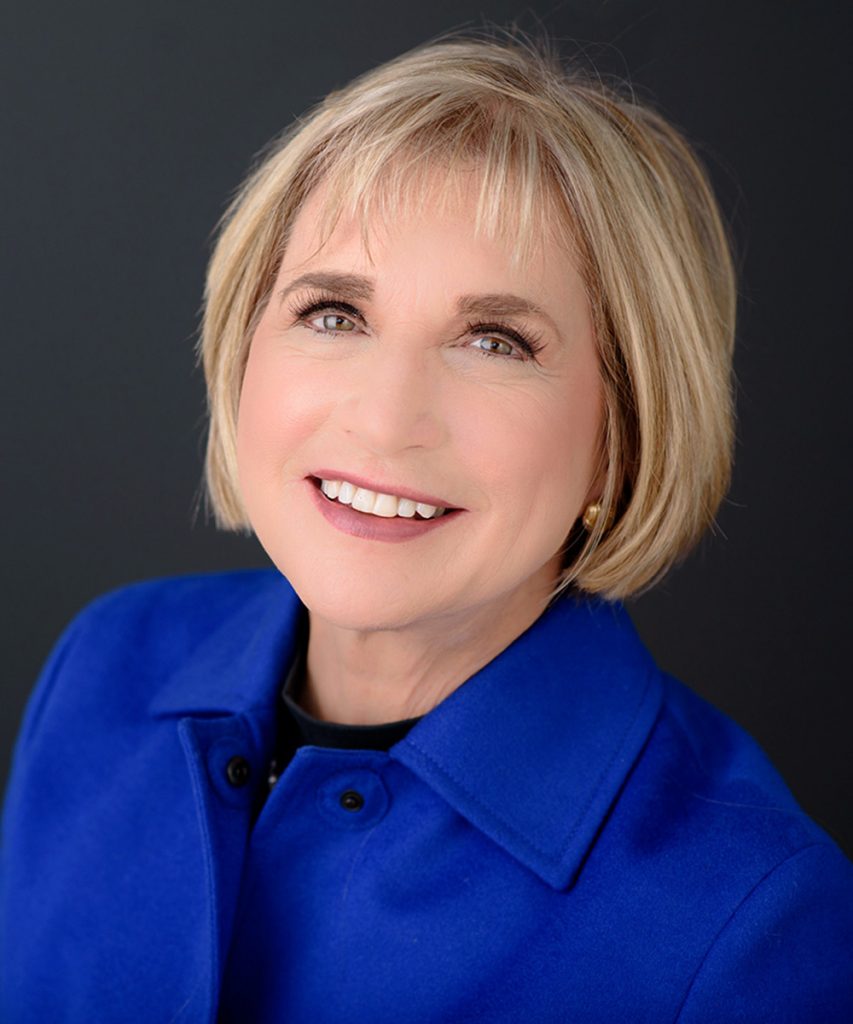The Academy for Home Equity in Financial Planning (AHE) at the University of Illinois Urbana-Champaign has released a new publication, proposing guidance language for broker-dealers and investment advisory firms to use to help govern planners’ interactions with reverse mortgage products.
The publication — featuring contributions from people including Dr. Craig Lemoine, Betty Meredith CFA, Dr. Wade Pfau, Jamie Hopkins and others — clarifies the positions of organizations including the Financial Industry Regulatory Authority (FINRA), while also describing how many broker-dealers have lifted prior restrictions on the discussions of reverse mortgage products.
One of the key referral partnerships sought by many reverse mortgage professionals is with financial planners, but many planners are either averse or resistant to engaging with the reverse mortgage product category due to a whole host of reasons, including perceptions about the regulatory climate that may not always conform to reality.
The publication and its goals
The impetus for creating this document stems from the interactions that Academy personnel have had with reverse mortgage loan officers, who in many cases have been thwarted from having robust reverse mortgage discussions with certain financial advisors who feel averse to talking about the product category because of their perceptions. This is according to Shelley Giordano, co-founder of the Academy.
“Over the last year or so at the Academy, we’ve been talking about the possibility of creating some model language so that broker-dealers would have some sort of beginning point to create policy that would allow their advisors to open up a conversation about reverse mortgages, but still with an eye to compliance,” Giordano tells RMD in an interview.

While things have improved somewhat, there is still a long way to go before the connection between financial planners and reverse mortgages can be less restrictive than it currently is, she says.
“We’ve had some engagement with some other broker-dealers who went about reverse mortgages in a kind of half-hearted way,” Giordano says. It was an improvement with a couple of the broker-dealers, but they didn’t want to talk about it [in a manner that embraced] comprehensive financial planning in regard to the housing asset.”
The housing asset in most cases can represent as much as two-thirds of the average American’s net worth, she says, and creating language like this is a potentially important step to making more advisors understand why discussing that asset in a retirement context is important for having honest retirement conversations.
“We were able to bring that experience to the conversation about creating model language, because Mutual of Omaha concluded that these conversations in terms of financial planning, in regard to the housing asset, is a good thing,” she says. “It’s not something to back away from, it’s something to embrace as long as it’s gone about in the right way.”
Content of recommendations
The actual content of the document itself makes two key recommendations in its proposed language, Giordano says.
“The advisors should be not recommending and referring over to one particular person, but sending across, for instance, three names so that the consumers can shop,” she explains. “The other thing that is just absolutely vital is that the proceeds from a reverse mortgage or any home equity [instrument] never be used for […] the purchase of securities.”

While much of the language in the document could likely be “ready-made” for use in compliance documentation, that’s not necessarily the specific hope of the Academy. Rather, it’s the hope that this kind of information presented in this way can help to allow the review of certain compliance policies according to Jamie Hopkins, director of retirement research at Carson Group and a member of the Academy who collaborated on the document.
“I do think that compliance could take this and essentially use most of it to set their compliance guidelines around reverse mortgages, and I’ve seen a number of compliance guidelines around reverse mortgages that are no more than two or three sentences,” Hopkins says. “So, this is a little bit more than some of the ones I’ve seen out there. However, I don’t expect this to just be picked up and plopped in as a new guidance. That’s not exactly how compliance typically works. They should be doing a review and analysis of something.”
For Hopkins, two hopes are primarily present: one, that this kind of document can spur necessary conversations about reverse mortgages to take modern iterations of the products into account, and two, that many reverse mortgage guidelines that have not received revisions for some time might get some much-needed attention, he says.
“I just want to see some of the softening of the existing language,” Hopkins says. “A lot of [what is currently there is] reactionary, maybe rightfully so, since much of it was crafted when the country was heading into a financial crisis. So they went really harsh on the language, and some companies went so far as to completely ban using the words ‘reverse mortgage.’”
That ban can even extend, in some cases, to the phrase “reverse mortgage” being flagged in emails at some advisory firms. As the realities inherent to modern retirement have demonstrated, taking a hard-line approach against a product category that could provide some assistance to a senior is too restrictive, Hopkins says.
“The reality is that’s just not the right approach,” he says. “We have to allow, [and indeed] encourage advisors to at least educate clients about it, and then put the right procedures and policies in place so that we aren’t getting conflicted recommendations if we go so far to allow for recommendation.”
What reverse mortgage industry participants should know
There are a couple of things that extend from the publication of this document that Hopkins says he hopes can take place. The first is that the availability of this material can potentially be a resource for those who work within the reverse mortgage industry, he says.
“Use this when you’re getting pushback against compliance, send it over and spur on that conversation,” Hopkins says. “The one thing I always try to tell people is to be very respectful to the compliance departments. It works to actually play well with them and be nice with them, so start with that positive attitude.”
Facilitating that kind of positive conversation can make a difference in the ways some people perceive reverse mortgages. Another hope is for regulators and government officials to actively encourage advisors to talk with their clients about more complex financial instruments, since some of them have an aversion to more complex topics including reverse mortgages, rollovers, tax planning, annuities, etc.
“Outside of a nearly decade-old FINRA notice, there’s not a whole lot out there encouraging advisors to take part in this,” Hopkins says. “The FINRA investor alert actually does tell investors to go talk to their trusted financial advisor about reverse mortgages, and then a bunch of companies banned financial advisors from talking about it. To me, that always meant that if it says ‘talk to the trusted financial advisor about the topic,’ and you can’t talk about that topic, then you are not the trusted financial advisor.”
Seeing regulators encourage conversations about more complex financial conversations is important to arm a client with as much good information as possible, and that can include the topic of reverse mortgages particularly if they have a situation where it might be a good option to explore further, he says.
“The harder the topic area, the more I think it’s important that advisors can educate and help clients,” he says.
Read the proposed guidance at the Academy for Home Equity in Financial Planning website.





